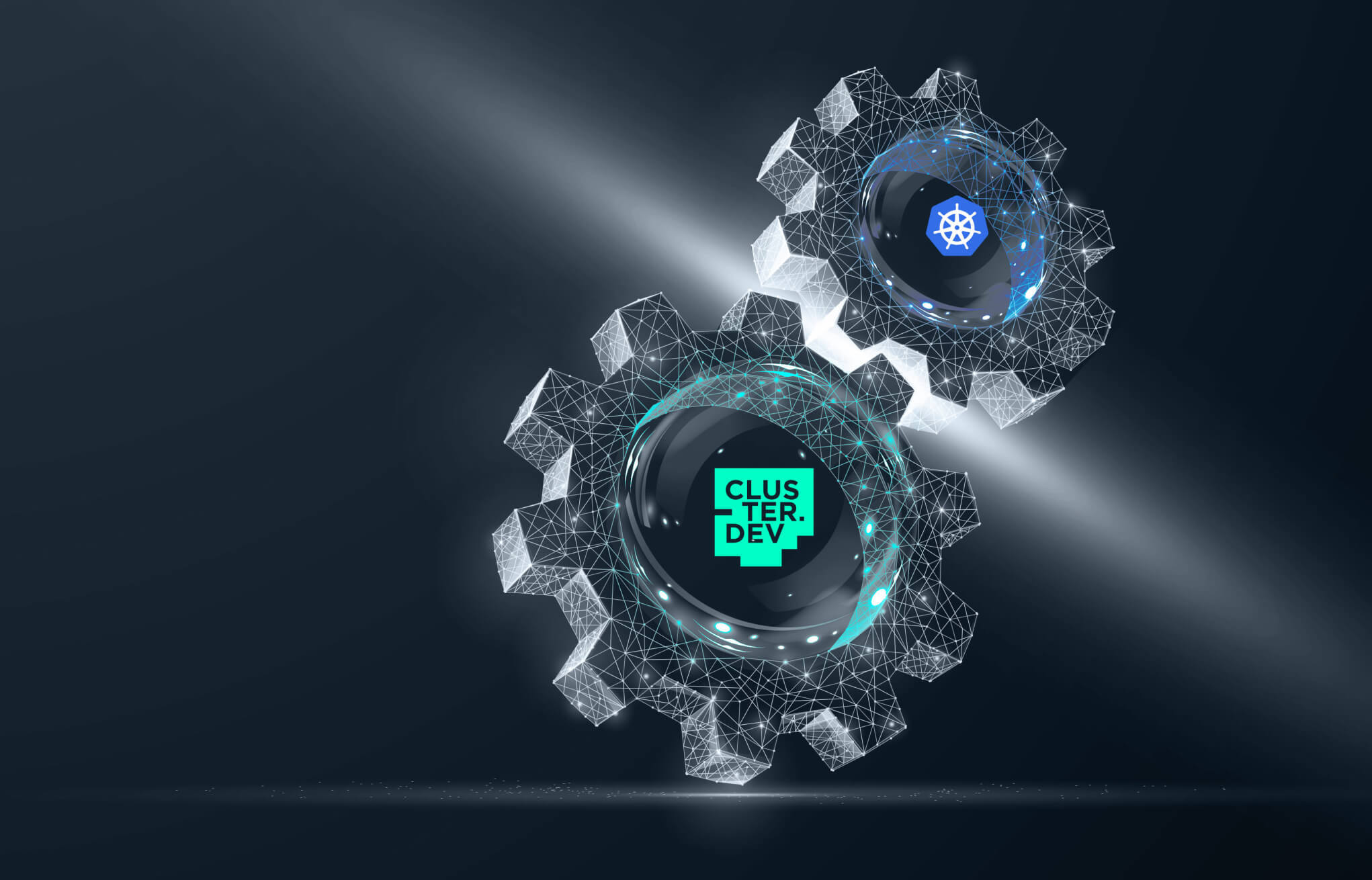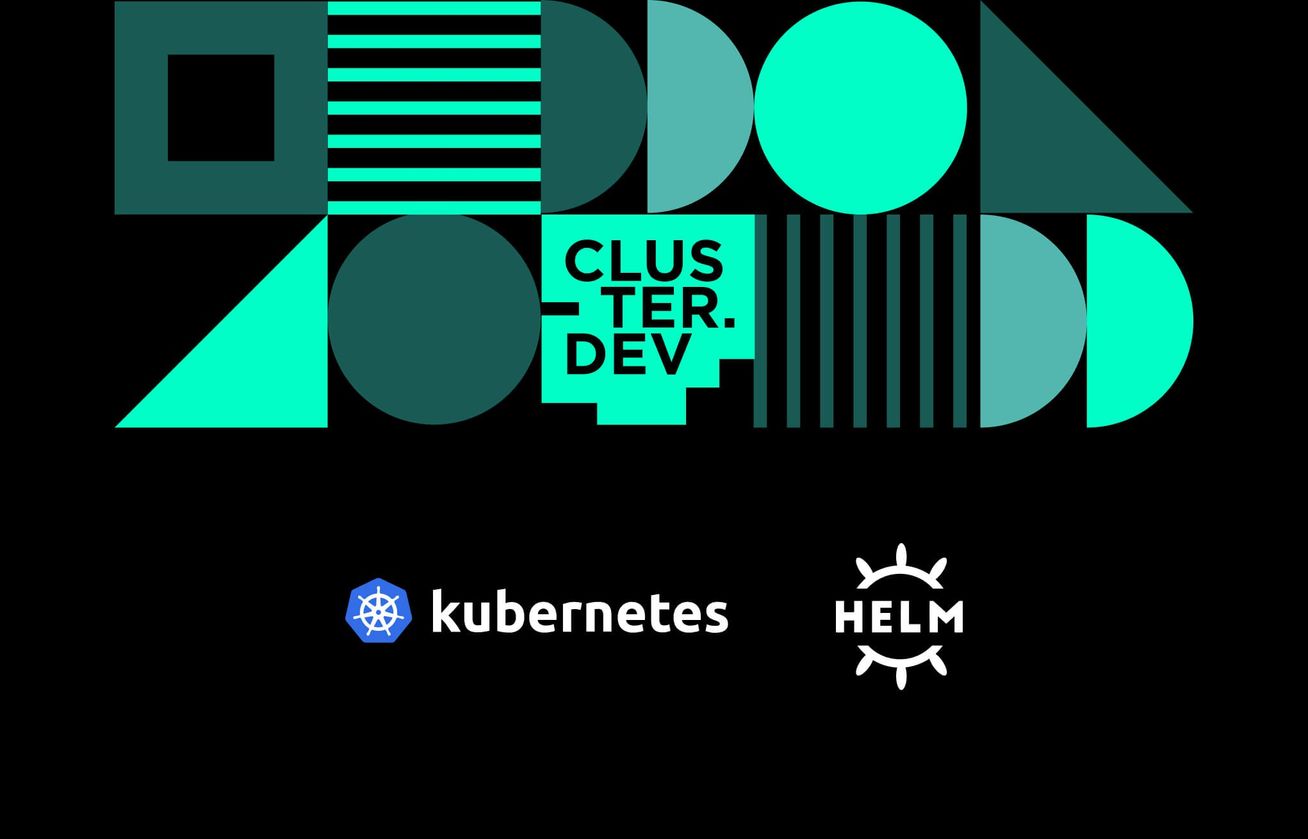Automated Infrastructure Management
The all-in-one solution to effortlessly streamline your infrastructures. Say goodbye to the complexities of juggling multiple tools.
Challenges and Solutions
Solution
Seamless Infrastructure Control
No more juggling a multitude of tools for different components like TF-modules or K8s addons. Our solution unifies this process, ensuring you invest less time in deployment and more in driving innovation and achieving your goals.

Who Can Benefit from Our Solution?
Ready to get started?
Sure! You are welcome to book an appointment with our engineering team. During the meeting we will demonstrate the product features for you and discuss how they can address your infrastructure challenges. Use this link to schedule a call: https://calendly.com/clusterdev/30min
Cluster.dev offers a range of plans to cater to your infrastructure needs. Whatever plan you choose, our team does its best to provide you with comprehensive support and assistance. Within the Community Edition plan you are welcome to join our Slack community where our engineers will consult with you on any issues related to the Cluster.dev functionality. The Business and Enterprise plans include a dedicated helpdesk to ensure that issue solving and help in creating customized templates are treated as a priority.
Cluster.dev is convenient to work with both for experts and less experienced engineers alike. Teams new to automation can start working with it in a user mode. That does not require the knowledge of background tooling like Terraform or Helm, and is as simple as downloading a sample and launching commands.
Cluster.dev “knows” working with sensitive data, including passwords, tokens, and keys. Being integrable with secrets management solutions such as SOPS and AWS Secrets Manager, etc., Cluster.dev keeps your secret data properly secured, while allowing to reference it in a stack template.
Additionally, Cluster.dev uses encrypted channels for all communications and adheres to the latest security protocols. We regularly update our systems to safeguard against emerging threats, ensuring your automated deployments are secure at every stage.
Absolutely! Moreover, it was initially designed to be compatible with any CI/CD solution. Cluster.dev can run as a Docker container within a CI/CD pipeline and reconcile manifests, ensuring full correspondence between the desired cluster state as expressed in the manifest files and its actual state.
A single command launch or destroying a cluster is ideal for creating temporary environments in CI/CD pipelines, such as when testing infrastructures. These environments can be shut down later just as easily.
Yes. Cluster.dev is designed for multi-cloud management. Like Terraform, it supports deployments to different clouds. Basically, each of the Cluster.dev’s units can deploy to different clouds. Moreover, the backend specified in a Stack configuration allows for the storing of the cluster state in different cloud platforms, including AWS S3 bucket, Azurerm, or GCS.
This question is addressed in detail in our documentation. In short, Cluster.dev serves as a higher-level orchestrator that embraces Terraform as one of its foundation tools. It also helps to overcome some of the Terraform limitations, in particular its deficient relation system, protracted planning processes, the absence of automatic reconciliation, and configuration templates. As such, Cluster.dev provides a more integrated and flexible approach to managing and building infrastructures.
 Schedule call
Schedule call
